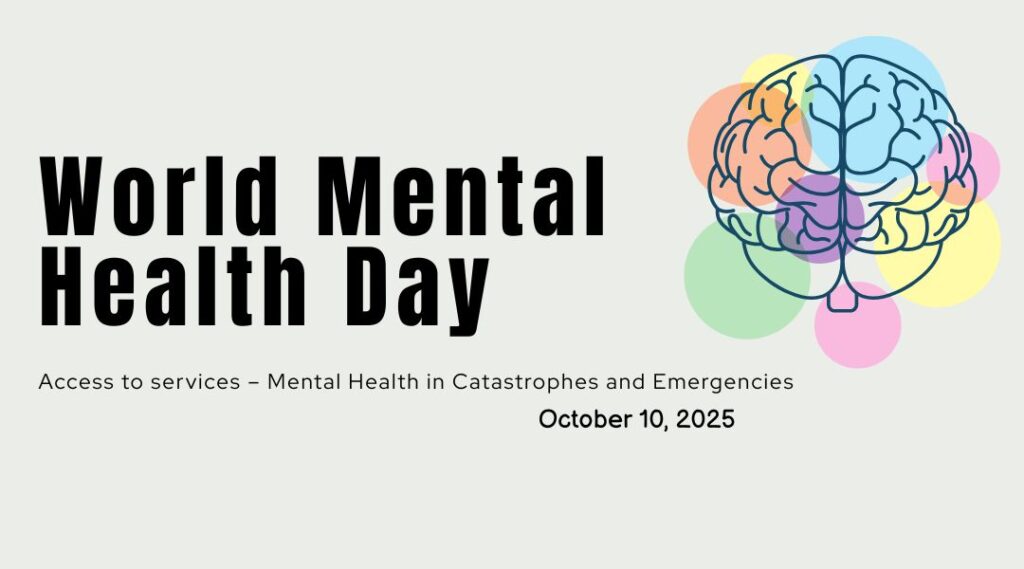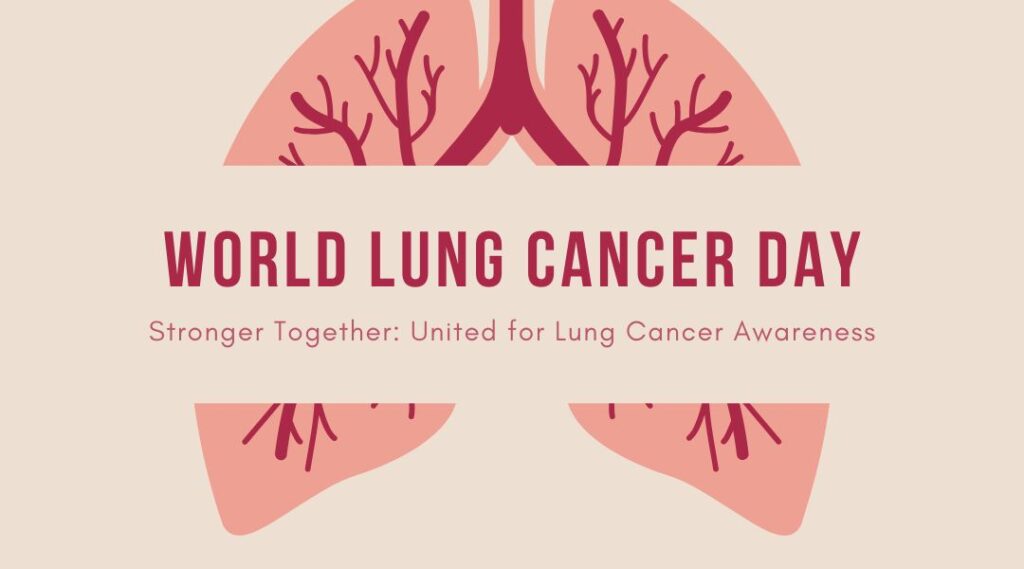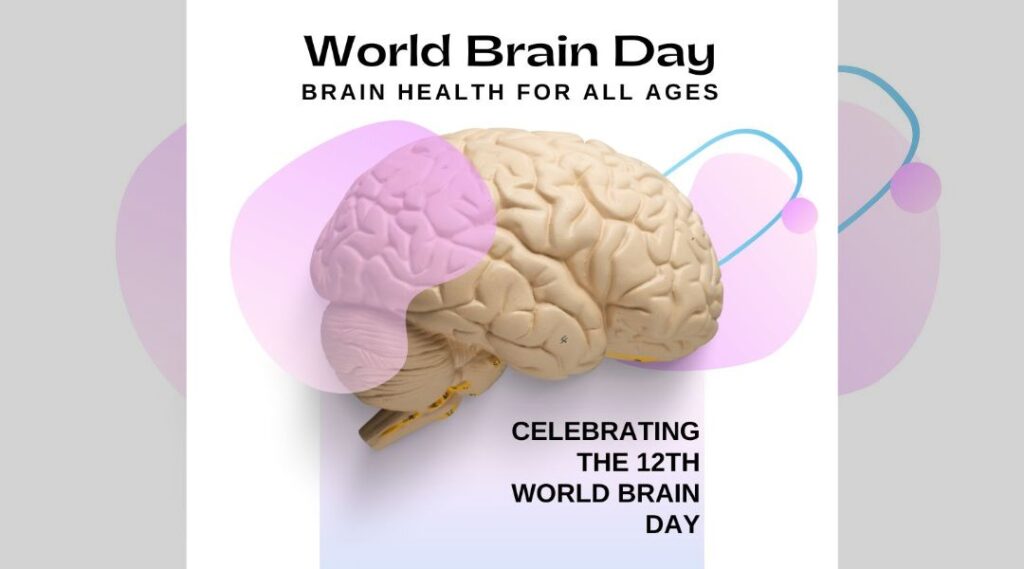What Happens to the Body During Sleep?
- Team Kedarq
- June 23, 2025
Understanding the Science of Sleep and Its Impact on Health
Sleep is one of the most essential yet often underestimated functions of the human body. While it may appear that our body simply “shuts down” during sleep, in reality, it undergoes a series of complex and restorative processes that are vital for physical health, mental well-being, and emotional balance.
Let’s explore what really happens to the body during sleep.
🧠 1. Brain Cleansing and Memory Formation
During sleep, especially in the deep stages (slow-wave sleep) and REM (Rapid Eye Movement) sleep, the brain becomes highly active in its own way. It processes the information gathered throughout the day, solidifying memories and discarding unnecessary data.
- Memory consolidation: New experiences and knowledge are stored.
- Toxin removal: The brain’s glymphatic system clears out harmful waste, including proteins linked to Alzheimer’s disease.
- Problem-solving: Creativity and problem-solving abilities improve after good sleep.
❤️ 2. Heart Rate and Blood Pressure Regulation
As we sleep, the heart rate slows down and blood pressure drops, especially during non-REM sleep. This gives the cardiovascular system a chance to rest and recover.
- Reduced stress on the heart.
- Lower risk of heart disease with regular quality sleep.
🧬 3. Hormone Release and Cell Repair
Sleep is the body’s repair time.
- Growth hormone is released, aiding in tissue growth and muscle repair.
- Cortisol levels (stress hormone) drop in early sleep and rise before waking, helping to prepare the body for the next day.
- Melatonin, a hormone that regulates sleep-wake cycles, peaks during nighttime, enhancing sleep quality.
🩸 4. Immune System Strengthening
Sleep boosts your immune function.
- During sleep, your body produces cytokines – proteins that fight infection and inflammation.
- Chronic sleep deprivation can weaken the immune response, making you more susceptible to illness.
🌡️ 5. Body Temperature and Metabolism
Your body temperature drops slightly during sleep, allowing you to fall into deeper stages more easily.
- Metabolism slows down, conserving energy.
- Insulin sensitivity improves, and sleep helps regulate blood sugar levels.
🧘♀️ 6. Muscle Relaxation and Recovery
Muscles are at their most relaxed state during sleep, especially in deep sleep stages.
- Blood flow increases to muscles, promoting healing and recovery.
- Micro-tears from exercise repair during sleep, contributing to muscle growth and strength.
👀 7. Eye Movements in REM Sleep
In REM sleep, the eyes move rapidly behind closed eyelids. This is the stage most associated with vivid dreaming.
- REM sleep plays a key role in emotional processing, learning, and mood regulation.
🧠 Sleep Cycles: A Quick Overview
Sleep occurs in cycles of 90–120 minutes, repeating 4–6 times per night:
- Stage 1 (Light Sleep) – Transition between wakefulness and sleep.
- Stage 2 – Slowed heart rate and body temperature drop.
- Stage 3 (Deep Sleep) – Body repairs and regenerates tissues.
- REM Sleep – Brain is active; dreaming occurs.
🌙 Why Good Sleep Matters
Poor sleep doesn’t just leave you tired—it affects nearly every system in the body. Chronic sleep deprivation has been linked to:
- Obesity
- Diabetes
- Depression and anxiety
- Weakened immune system
- Poor concentration and memory
Sleep isn’t a passive state—it’s a powerful, active process where your body works behind the scenes to heal, restore, and prepare for the next day. Prioritizing good sleep hygiene, such as maintaining a consistent sleep schedule, avoiding screens before bedtime, and creating a relaxing sleep environment, can significantly enhance your physical and mental well-being.
So, the next time you think about skipping sleep- remember: your body is counting on that downtime to keep you healthy and thriving.
Latest Post
-
 15 Nov 2025National Naturopathy Day: Importance, History & Benefits
15 Nov 2025National Naturopathy Day: Importance, History & Benefits -
 14 Nov 2025World Diabetes Day: Understanding Diabetes and Spreading Awareness
14 Nov 2025World Diabetes Day: Understanding Diabetes and Spreading Awareness -
 30 Oct 2025BBA in Healthcare Management – Online Study Mode
30 Oct 2025BBA in Healthcare Management – Online Study Mode -
 29 Oct 2025Difference Between Paramedical and Nursing Courses - Which One Should You Choose?
29 Oct 2025Difference Between Paramedical and Nursing Courses - Which One Should You Choose? -
 10 Oct 2025World Mental Health Day 2025: Access to Services – Mental Health in Catastrophes and Emergencies
10 Oct 2025World Mental Health Day 2025: Access to Services – Mental Health in Catastrophes and Emergencies -
 30 Jul 2025World Lung Cancer Day: Spreading Awareness, Saving Lives
30 Jul 2025World Lung Cancer Day: Spreading Awareness, Saving Lives -
 11 Jul 2025World Brain Day – Brain Health for All Ages
11 Jul 2025World Brain Day – Brain Health for All Ages -
 07 Jul 2025Reels, Dopamine, and Distraction: The Brain Science You Should Know
07 Jul 2025Reels, Dopamine, and Distraction: The Brain Science You Should Know -
 05 Jul 2025International Paramedics Day 2025: Celebrating Unity and Community
05 Jul 2025International Paramedics Day 2025: Celebrating Unity and Community -
 30 Jun 2025National Doctor's Day: Honoring the Heroes in White Coats
30 Jun 2025National Doctor's Day: Honoring the Heroes in White Coats


